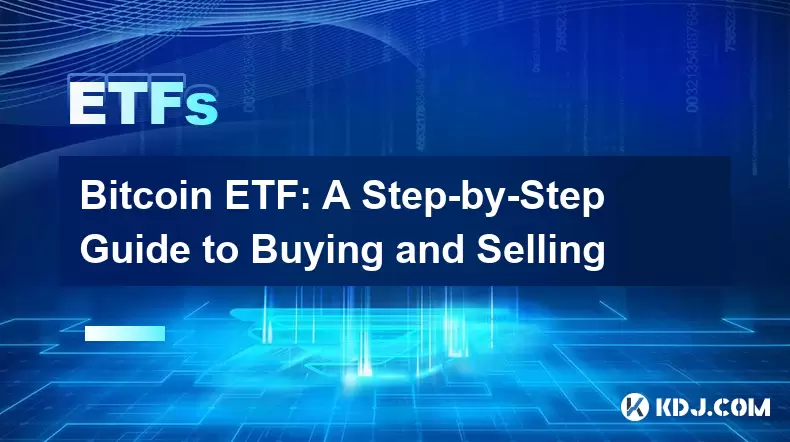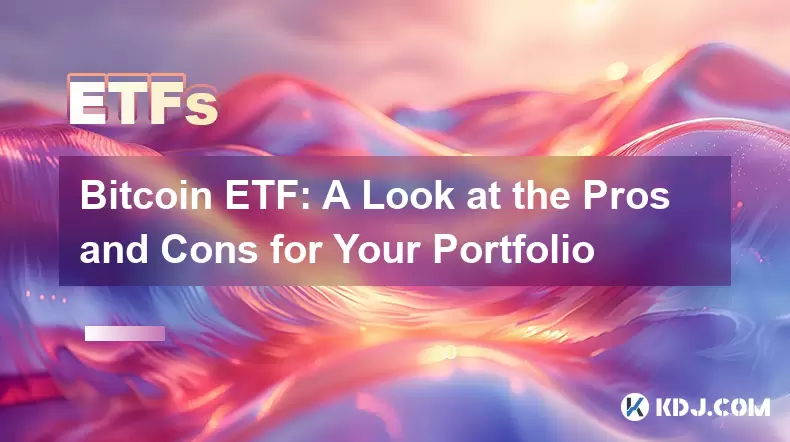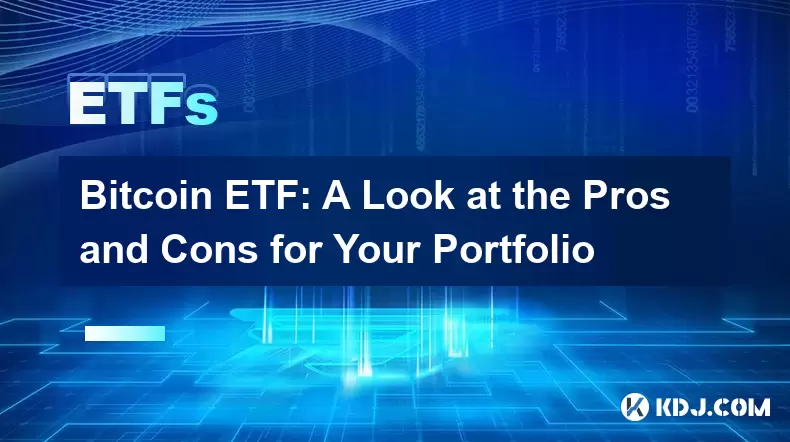-
 Bitcoin
Bitcoin $119000
2.02% -
 Ethereum
Ethereum $4233
-0.58% -
 XRP
XRP $3.182
-1.09% -
 Tether USDt
Tether USDt $1.000
-0.01% -
 BNB
BNB $804.0
0.52% -
 Solana
Solana $183.2
1.27% -
 USDC
USDC $0.9998
0.00% -
 Dogecoin
Dogecoin $0.2335
-2.82% -
 TRON
TRON $0.3384
0.95% -
 Cardano
Cardano $0.8003
-0.61% -
 Hyperliquid
Hyperliquid $45.12
1.98% -
 Chainlink
Chainlink $22.14
3.65% -
 Stellar
Stellar $0.4440
-0.46% -
 Sui
Sui $3.858
-1.36% -
 Bitcoin Cash
Bitcoin Cash $569.6
-0.25% -
 Hedera
Hedera $0.2578
-2.58% -
 Ethena USDe
Ethena USDe $1.001
-0.03% -
 Avalanche
Avalanche $23.76
-3.06% -
 Litecoin
Litecoin $123.7
2.27% -
 Toncoin
Toncoin $3.337
-1.91% -
 UNUS SED LEO
UNUS SED LEO $9.051
0.54% -
 Shiba Inu
Shiba Inu $0.00001355
-1.80% -
 Uniswap
Uniswap $10.90
-0.84% -
 Polkadot
Polkadot $4.047
-1.93% -
 Dai
Dai $1.000
0.00% -
 Cronos
Cronos $0.1628
3.51% -
 Ethena
Ethena $0.7833
5.35% -
 Bitget Token
Bitget Token $4.447
-1.73% -
 Pepe
Pepe $0.00001201
-3.46% -
 Monero
Monero $268.2
-3.37%
Bitcoin ETF: How to Get Started with Your First Investment
Scientists have discovered a new species of deep-sea fish with unique bioluminescent features, shedding light on biodiversity in Earth's least-explored ocean regions.
Aug 11, 2025 at 01:07 am

Understanding What a Bitcoin ETF Is
A Bitcoin ETF (Exchange-Traded Fund) is a financial product that allows investors to gain exposure to Bitcoin’s price movements without directly owning the cryptocurrency. Instead of buying and storing Bitcoin on a digital wallet, investors purchase shares of the ETF through traditional brokerage platforms. These shares are tied to the performance of Bitcoin, often backed by actual Bitcoin holdings or futures contracts, depending on the fund structure. The U.S. Securities and Exchange Commission (SEC) has approved several spot Bitcoin ETFs, meaning they hold actual Bitcoin rather than derivatives.
One of the primary advantages of a Bitcoin ETF is regulatory oversight. Unlike direct crypto exchanges, ETFs operate under established securities laws, offering a layer of investor protection. Additionally, ETFs are traded on major stock exchanges like the NYSE or Nasdaq, making them accessible during standard market hours. The ticker symbols for these ETFs typically follow a naming convention such as $IBIT for BlackRock’s iShares Bitcoin Trust or $FBTC for Fidelity’s Wise Origin Bitcoin Fund.
Choosing the Right Brokerage Platform
To invest in a Bitcoin ETF, you must use a brokerage that supports ETF trading. Not all platforms offer access to every ETF, so it's crucial to verify availability. Major brokerages such as Fidelity, Charles Schwab, ETRADE, and Robinhood* currently list approved Bitcoin ETFs. When selecting a platform, consider factors like trading fees, minimum investment requirements, user interface, and customer support.
- Confirm that the brokerage offers the specific Bitcoin ETF you're interested in, such as $GBTC (Grayscale Bitcoin Trust) or $ARKB (ARK Invest Bitcoin ETF).
- Ensure your account is approved for stock and ETF trading; some platforms require a simple verification step.
- Check whether the platform supports fractional shares, which allows you to invest small amounts, ideal for beginners.
- Review any commission fees—many platforms now offer $0 commission trades, but additional fees may apply for certain services.
Once your account is set up and funded, you can begin placing trades just like any other stock or ETF.
How to Buy Shares of a Bitcoin ETF
Purchasing shares in a Bitcoin ETF follows the same process as buying any publicly traded security. After logging into your brokerage account, use the search function to locate the ETF by its ticker symbol. For example, typing $BITO will bring up the ProShares Bitcoin Strategy ETF. It’s essential to double-check the ticker to avoid purchasing a similarly named product.
- Enter the number of shares or dollar amount you wish to invest. If fractional shares are enabled, you can invest as little as $1.
- Choose the order type: market order executes immediately at the current price, while a limit order allows you to set a maximum price you’re willing to pay.
- Review all details, including estimated fees and total cost, before confirming the transaction.
- After execution, the shares will appear in your portfolio, and you’ll receive a confirmation email or notification.
Your investment will fluctuate based on Bitcoin’s market price, minus the ETF’s expense ratio, which typically ranges from 0.25% to 1.5% annually. This fee is automatically deducted from the fund’s assets, so you won’t see a separate charge.
Monitoring and Managing Your ETF Investment
Once you’ve purchased Bitcoin ETF shares, ongoing monitoring is key. Most brokerages provide real-time price tracking, performance charts, and news feeds related to your holdings. You can view your current value, gain/loss percentage, and dividend history (if applicable) directly in your portfolio dashboard.
Set up price alerts to stay informed of significant movements. For instance, if Bitcoin surges due to macroeconomic news, your ETF value may rise accordingly. Conversely, regulatory developments or market sell-offs can lead to declines. Some investors use dollar-cost averaging (DCA), where they invest a fixed amount at regular intervals to reduce the impact of volatility.
Rebalancing your portfolio may also be necessary over time. If your Bitcoin ETF grows to represent a large portion of your assets, you might consider selling a portion to maintain your desired risk level. Always review the ETF’s holdings report, usually published monthly, to confirm it continues to hold Bitcoin as advertised and hasn’t deviated from its mandate.
Tax Implications of Bitcoin ETF Investments
Investing in a Bitcoin ETF has tax consequences that differ from holding Bitcoin directly. Since ETFs are treated as securities, capital gains taxes apply when you sell shares for a profit. Short-term gains (held less than a year) are taxed at your ordinary income rate, while long-term gains (held over a year) qualify for lower rates.
- Keep detailed records of purchase dates, prices, and quantities.
- Brokerages will issue Form 1099-B at year-end, summarizing your transactions.
- If the ETF pays dividends (rare for Bitcoin ETFs), they are reported on Form 1099-DIV and may be taxable.
- Losses can be used to offset capital gains, potentially reducing your tax liability.
Unlike direct crypto ownership, you don’t need to track every transaction for tax purposes, which simplifies reporting. However, consult a tax professional to ensure compliance with IRS guidelines, especially if you hold the ETF in a retirement account like an IRA.
Common Questions About Bitcoin ETFs
Can I convert my Bitcoin ETF shares into actual Bitcoin?
No, Bitcoin ETF shares cannot be redeemed for physical Bitcoin. The underlying assets are held by the fund issuer, and investors only own shares representing a claim on those assets.
Are Bitcoin ETFs safer than buying Bitcoin on an exchange?
Bitcoin ETFs offer regulatory protection and are less susceptible to hacking since you’re not managing private keys. However, they come with management fees and rely on third-party custodians, introducing counterparty risk.
What happens if the ETF provider goes out of business?
In the event of issuer insolvency, the ETF’s assets are held in a separate trust. Shareholders have a claim on the underlying Bitcoin, subject to legal proceedings. This structure is designed to protect investors, though delays may occur.
Do Bitcoin ETFs pay dividends?
Most Bitcoin ETFs do not distribute dividends. Any income generated from lending Bitcoin (if permitted) is typically reinvested or used to offset expenses. Always check the fund’s prospectus for specific details.
Disclaimer:info@kdj.com
The information provided is not trading advice. kdj.com does not assume any responsibility for any investments made based on the information provided in this article. Cryptocurrencies are highly volatile and it is highly recommended that you invest with caution after thorough research!
If you believe that the content used on this website infringes your copyright, please contact us immediately (info@kdj.com) and we will delete it promptly.
- KiwiSavers, Crypto Returns, and Digital Investment: Are Kiwis Missing Out?
- 2025-08-11 06:30:11
- Ruvi AI's Sales Surge: Could It Outpace Tron in the Crypto Race?
- 2025-08-11 06:30:11
- Meme Coin Mania: Is Shiba Inu Out and Little Pepe In?
- 2025-08-11 06:50:12
- Bitcoin Casino Weekly Challenge: Hitting the Jackpot in Crypto Gaming
- 2025-08-11 06:50:12
- Cardano (ADA): Riding the Bull Cycle Wave to New Heights?
- 2025-08-11 07:10:12
- Bitcoin Institutional Holdings in 2025: A Bullish Outlook
- 2025-08-11 07:15:19
Related knowledge

Bitcoin ETF: A Step-by-Step Guide to Buying and Selling
Aug 10,2025 at 11:29pm
Understanding the Bitcoin ETF ConceptA Bitcoin ETF (Exchange-Traded Fund) is a financial product that allows investors to gain exposure to Bitcoin’s p...

Bitcoin ETF: How to Choose the Right One for Your Investment Strategy
Aug 09,2025 at 11:49am
Understanding Bitcoin ETFs and Their Market RoleA Bitcoin ETF (Exchange-Traded Fund) is a financial product that tracks the price of Bitcoin without r...

Bitcoin ETF: A Look at the Pros and Cons for Your Portfolio
Aug 10,2025 at 03:28pm
What Is a Bitcoin ETF and How Does It Work?A Bitcoin ETF (Exchange-Traded Fund) is an investment vehicle that trades on traditional stock exchanges an...

Bitcoin ETF: A Look at the Pros and Cons for Your Portfolio
Aug 08,2025 at 10:43am
Understanding Bitcoin ETFs and Their Role in InvestmentA Bitcoin Exchange-Traded Fund (ETF) is a financial product that allows investors to gain expos...

Bitcoin ETF: The Risks and Rewards You Should Be Aware Of
Aug 07,2025 at 03:07pm
What Is a Bitcoin ETF and How Does It Work?A Bitcoin ETF (Exchange-Traded Fund) is a financial product that tracks the price of Bitcoin and trades on ...

Bitcoin ETF: How to Get Started with Your First Investment
Aug 11,2025 at 01:07am
Understanding What a Bitcoin ETF IsA Bitcoin ETF (Exchange-Traded Fund) is a financial product that allows investors to gain exposure to Bitcoin’s pri...

Bitcoin ETF: A Step-by-Step Guide to Buying and Selling
Aug 10,2025 at 11:29pm
Understanding the Bitcoin ETF ConceptA Bitcoin ETF (Exchange-Traded Fund) is a financial product that allows investors to gain exposure to Bitcoin’s p...

Bitcoin ETF: How to Choose the Right One for Your Investment Strategy
Aug 09,2025 at 11:49am
Understanding Bitcoin ETFs and Their Market RoleA Bitcoin ETF (Exchange-Traded Fund) is a financial product that tracks the price of Bitcoin without r...

Bitcoin ETF: A Look at the Pros and Cons for Your Portfolio
Aug 10,2025 at 03:28pm
What Is a Bitcoin ETF and How Does It Work?A Bitcoin ETF (Exchange-Traded Fund) is an investment vehicle that trades on traditional stock exchanges an...

Bitcoin ETF: A Look at the Pros and Cons for Your Portfolio
Aug 08,2025 at 10:43am
Understanding Bitcoin ETFs and Their Role in InvestmentA Bitcoin Exchange-Traded Fund (ETF) is a financial product that allows investors to gain expos...

Bitcoin ETF: The Risks and Rewards You Should Be Aware Of
Aug 07,2025 at 03:07pm
What Is a Bitcoin ETF and How Does It Work?A Bitcoin ETF (Exchange-Traded Fund) is a financial product that tracks the price of Bitcoin and trades on ...

Bitcoin ETF: How to Get Started with Your First Investment
Aug 11,2025 at 01:07am
Understanding What a Bitcoin ETF IsA Bitcoin ETF (Exchange-Traded Fund) is a financial product that allows investors to gain exposure to Bitcoin’s pri...
See all articles

























































































